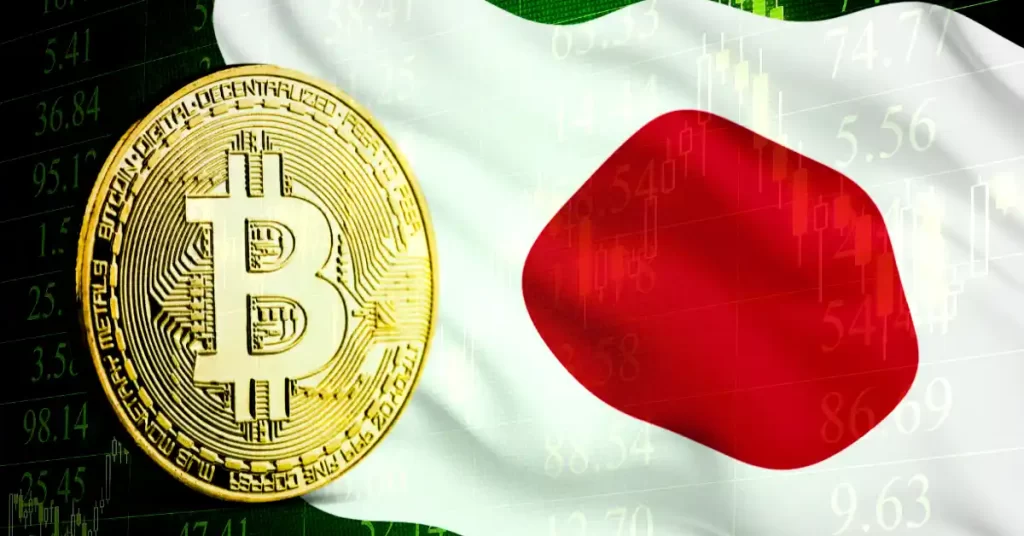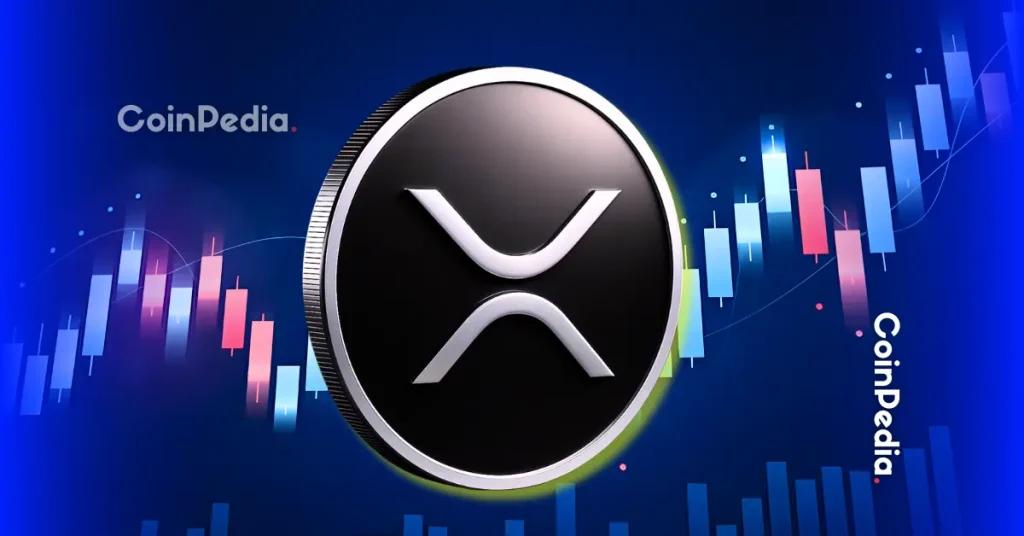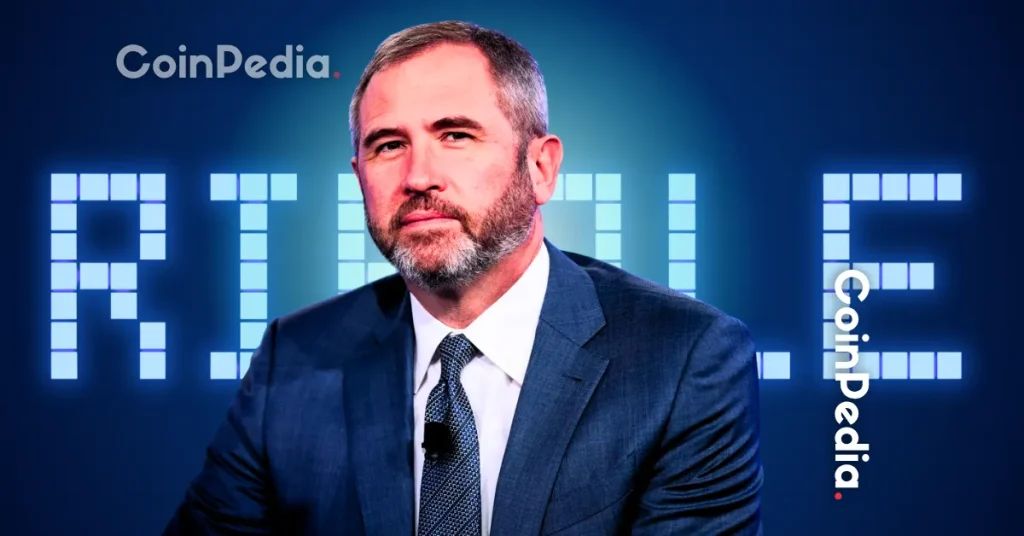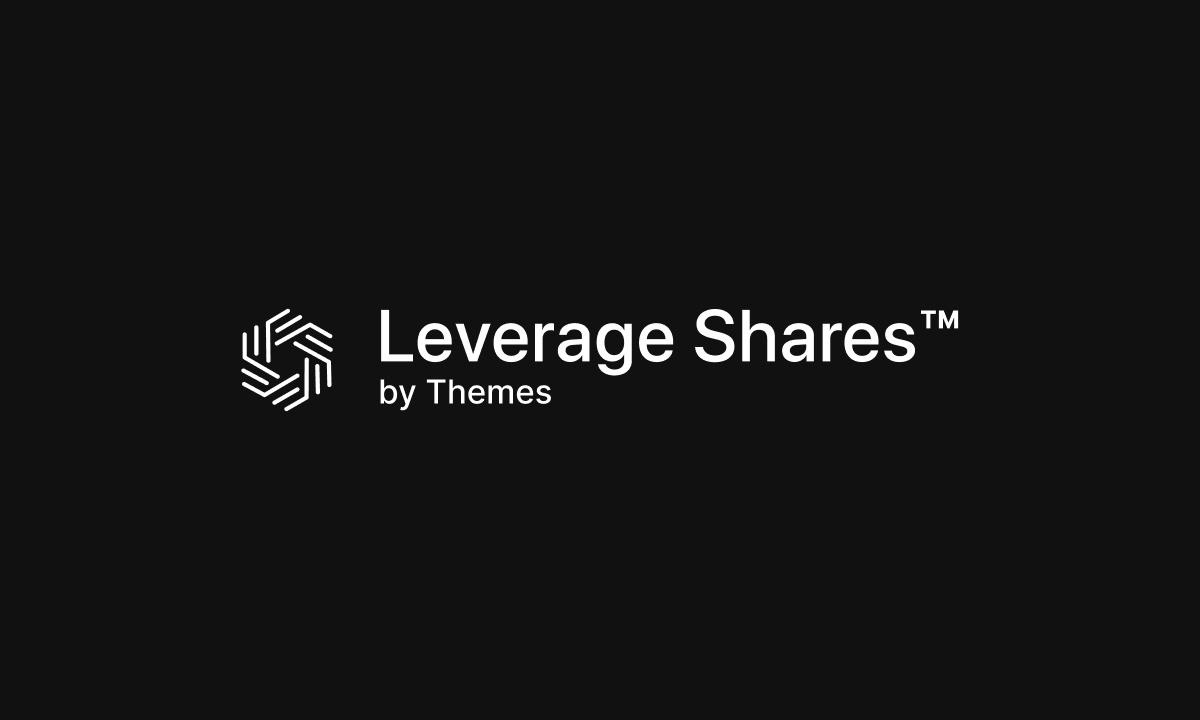In a significant development echoing through policy and financial circles, Kalshi, the regulated prediction market platform, has indicated a drastic reduction in the perceived likelihood of the U.S. Supreme Court upholding former President Trump’s tariffs. As of November 6, 2025, the odds for this landmark decision have reportedly ‘cratered,’ according to market participants. This dramatic shift underscores the growing influence of prediction markets as potent, real-time indicators for complex legal and political outcomes, offering an alternative to traditional polling and expert analysis.
The Mechanics of Prediction Markets
Prediction markets like Kalshi operate on the principle of crowd wisdom, allowing individuals to trade contracts on the outcome of future events. Unlike traditional sports betting, these platforms often focus on financial, political, or social events, with contract prices reflecting the probability of a given outcome. On Kalshi, users can buy ‘yes’ or ‘no’ contracts, and the dynamic trading volume and price movements provide a continuous, aggregated forecast.
- Event Contracts: Users trade contracts based on specific, verifiable future events.
- Price as Probability: The price of a ‘yes’ contract (e.g., $0.70) signifies a 70% perceived probability of the event occurring.
- Liquidity & Efficiency: High trading volume contributes to more efficient pricing and more accurate predictions.
- Regulatory Compliance: Kalshi distinguishes itself as a CFTC-regulated exchange, adding a layer of legitimacy and investor protection.
Analyzing the Tariff Outcome on Kalshi
The specific event in question involves the Supreme Court’s decision regarding the legality and constitutionality of tariffs imposed during the Trump administration. Initially, when the cases first reached the Supreme Court, there was a higher degree of uncertainty, with market odds reflecting a more divided outlook. However, recent weeks have seen a pronounced decline in the ‘yes’ contracts for the tariffs being upheld. This suggests that the collective intelligence of Kalshi’s user base, composed of diverse participants with various informational advantages, is converging on the belief that the Court is unlikely to side with the previous administration’s tariff policies. Such a shift often reflects new legal arguments, expert opinions, or a change in the Court’s perceived leanings following oral arguments or related rulings.
Why Kalshi Matters for Financial Insights
The utility of prediction markets extends far beyond mere speculation. For investors, policymakers, and analysts, they provide a forward-looking barometer of sentiment that can be remarkably prescient. Traditional methods like expert polls or econometric models can be slow to react or suffer from biases. Prediction markets, by contrast, incentivize participants to use their best information to profit, leading to highly efficient aggregation of distributed knowledge. This makes them a valuable tool for risk assessment and strategic planning, particularly in volatile political and legal landscapes where outcomes can have significant economic ramifications.
Broader Implications for Policy and Decentralized Finance
The success and increasing accuracy of platforms like Kalshi also carry broader implications for the world of decentralized finance (DeFi) and blockchain technology. While Kalshi itself is a centralized, regulated entity, its operational principles—leveraging collective intelligence for transparent, verifiable outcomes—resonate deeply with the ethos of decentralized prediction markets built on blockchain. The validation of prediction markets in forecasting high-stakes political events could accelerate interest and investment in decentralized alternatives, further cementing the role of market-driven forecasting in an increasingly complex world. This could pave the way for more sophisticated decentralized applications that provide even greater transparency and censorship resistance in information aggregation.
Conclusion
The dramatic ‘cratering’ of odds on Kalshi regarding the Supreme Court’s stance on Trump’s tariffs serves as a compelling testament to the power of prediction markets. It highlights their capacity to offer timely, actionable insights into events with significant national and international implications. As these platforms continue to mature and gain wider acceptance, they are poised to become indispensable tools for understanding and navigating the intricacies of policy, law, and economics, further blurring the lines between traditional finance and innovative, market-driven information systems.
The post Supreme Court Tariffs: Kalshi Prediction Markets Show Fading Support for Trump’s Trade Policies appeared first on FXcrypto News.





















 24h Most Popular
24h Most Popular






 Utilities
Utilities